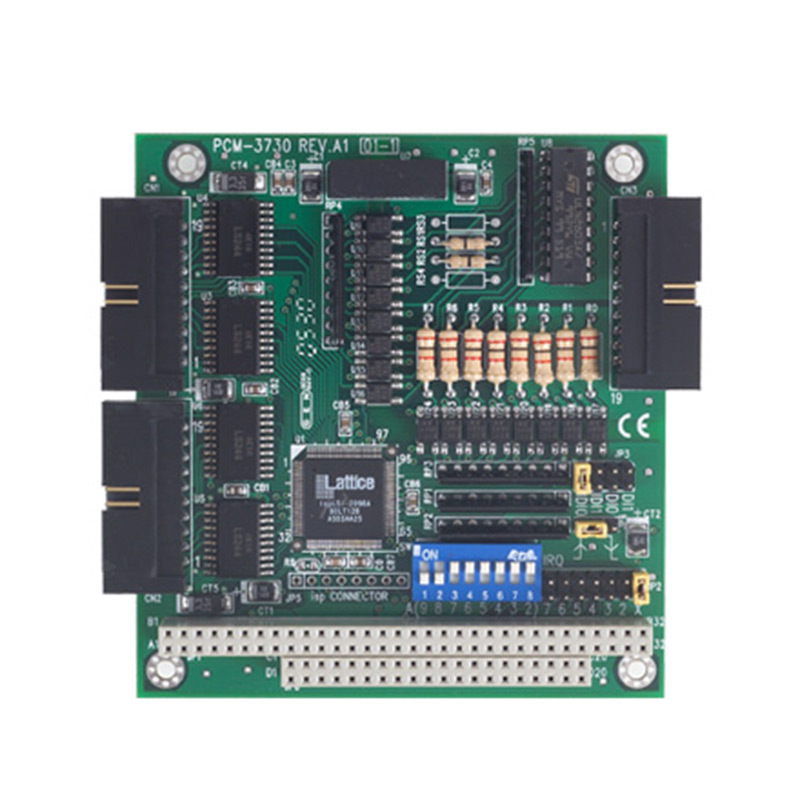

The Cost of Mirror Glass What You Need to Know
Mirror glass serves not only as a functional element in our homes and workplaces but also as an aesthetic enhancement that can transform any space
. Understanding the factors that influence mirror glass prices is essential for consumers considering installation or replacement.As of recent data, the average cost of mirror glass can range significantly based on several aspects, including material quality, size, thickness, and treatment options. A standard bathroom mirror might cost between $50 to $150, depending on its dimensions and the quality of the glass. For custom pieces or larger installations, the price can soar, sometimes exceeding $1,000 for specially treated mirrors or those with intricate designs.
One primary factor affecting mirror glass prices is the quality of the glass itself. High-grade mirror glass, typically made from float glass and coated with silver or aluminum, is more expensive but offers superior clarity and durability. Cheaper alternatives, such as acrylic mirrors, may be less costly, but they can be more prone to scratching and warping over time. Consumers should weigh their options based on the intended use of the mirror and the environment in which it will be displayed.

Another significant factor is the thickness of the glass. Standard mirror glass typically comes in thicknesses of 1/8 inch (3 mm), 1/4 inch (6 mm), and thicker options that offer better durability and resistance to breakage. Thicker mirrors tend to be more expensive, but they are often more suitable for high-traffic areas or settings where safety is a concern.
In addition to size and thickness, various treatment options can also impact prices. Anti-fog coatings, for example, are ideal for bathroom mirrors but can add an additional 20-30% to the cost. Decorative edges, such as beveled or polished finishes, can also elevate the price. Customization requests, including shapes beyond standard rectangles or ovals, will further increase overall expenses.
When planning to purchase or install mirror glass, it's vital to consider not only the upfront cost but also the long-term benefits. Higher-quality mirrors may represent a more substantial initial investment but often result in fewer replacements and maintenance over time. Additionally, mirrors can enhance the light and space within a room, thereby contributing to a more inviting atmosphere and potentially increasing the value of a home.
In conclusion, the price of mirror glass varies widely, influenced by factors such as quality, thickness, size, and treatments. By understanding these elements, consumers can make informed decisions that align with both their aesthetic preferences and their budgets, ensuring they select the perfect mirror for their needs.